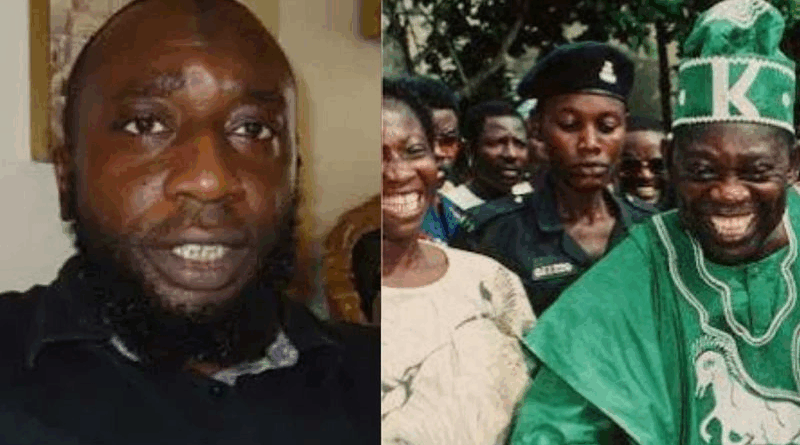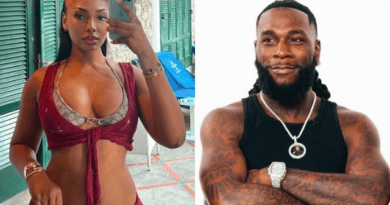66 Abiola’s ‘Children’ Failed DNA Test, 54 Passed. MKO Abiola ‘s Son Olalekan Revealed

About 120 children came forward to say they were MKO’s children but only 54 of them passed the DNA test at the end of the day (meaning 66 failed).
As Nigeria marked the 32nd anniversary of the annulled June 12, 1993, presidential election, Olalekan Abiola, son of the late Chief Moshood Kashimawo Olawale Abiola, spoke candidly about the unhealed wounds left behind by the political tragedy that altered both his family’s fate and Nigeria’s democratic history.
For Olalekan, the past 27 years have been marked by deep trauma and loss. The family didn’t just lose their patriarch to political imprisonment and eventual death in 1998; they also lost their matriarch, Alhaja Kudirat Abiola, to an assassination while MKO was still in detention.
“One minute my mom was at home, in good health, and the next minute she had been shot,” Olalekan recounted during an interview at the Abiola family residence in Ikeja, Lagos. “So that was more painful, more traumatic than the fate my father suffered.”
With both parents gone, the family had to chart a new path. Fortunately, according to Olalekan, education proved to be their saving grace. “We’re all educated. So we all can work and engage in some form of business activities,” he said. However, he admitted that internal disputes—especially with his older brother, Kola Abiola—have made unity elusive.
MKO Abiola was well known for his philanthropy, and Olalekan believes it was this generosity, rooted in his Islamic faith, that led to an influx of women and children claiming ties to the late politician. According to him, after MKO’s death, as many as 120 individuals claimed to be his biological children.
“My father wrote in his will that DNA tests had to be done for all those who claimed to be his children… only 54 passed the DNA test at the end of the day,” he said.
This move, although controversial at the time, has helped define the legitimate Abiola heirs; yet, disputes remain, especially over leadership within the extended family. “Brother Kola ought to be the leader of all MKO’s children. But what is he doing right now? He’s the leader of his mother’s children.”
One of the most pressing issues for the Abiola family is the matter of unpaid debts allegedly owed by the Federal Government to MKO Abiola’s companies. Olalekan listed several ministries, Communications, Education, and Defense, where outstanding contracts remain unpaid.
Successive administrations, from Obasanjo to Buhari, made verbal commitments to offset the debts or audit MKO’s business concerns. “They always promise to set up a committee to pay back the debts but none of them ever did,” he said. Even President Goodluck Jonathan, Olalekan claimed, had promised to revisit the issue if re-elected, but never did.
Now, with President Bola Tinubu, once a fellow pro-democracy activist and close associate of MKO, occupying the highest seat of power, the family is hopeful but cautious. “He has not said anything about it yet,” Olalekan admitted.
Beyond the symbolic gesture of declaring June 12 as Democracy Day, Olalekan believes more concrete steps should be taken to recognise MKO Abiola as Nigeria’s elected but never sworn-in president.
“If people like Abacha or Babangida, who were never elected, have their pictures in Aso Rock, why not MKO who Nigerians voted for in a free and fair election?” he asked. “Give him the full benefits and allowances that should have accrued to him as president. That is the least the government can do.”
Despite the pain and injustice, Olalekan finds solace in the fact that Nigerians continue to honor his father’s legacy deeply. “He’s been dead for 27 years, yet Nigerians are still bringing his memory back to life as if he died two weeks ago,” he said.
For him, the endurance of Nigeria’s current democracy, its longest uninterrupted stretch at 26 years, is a testament to the sacrifices of June 12 heroes like MKO and Kudirat Abiola. “There is more equity in the system now… and we will continue to fight for the full recognition of what they stood for.”



